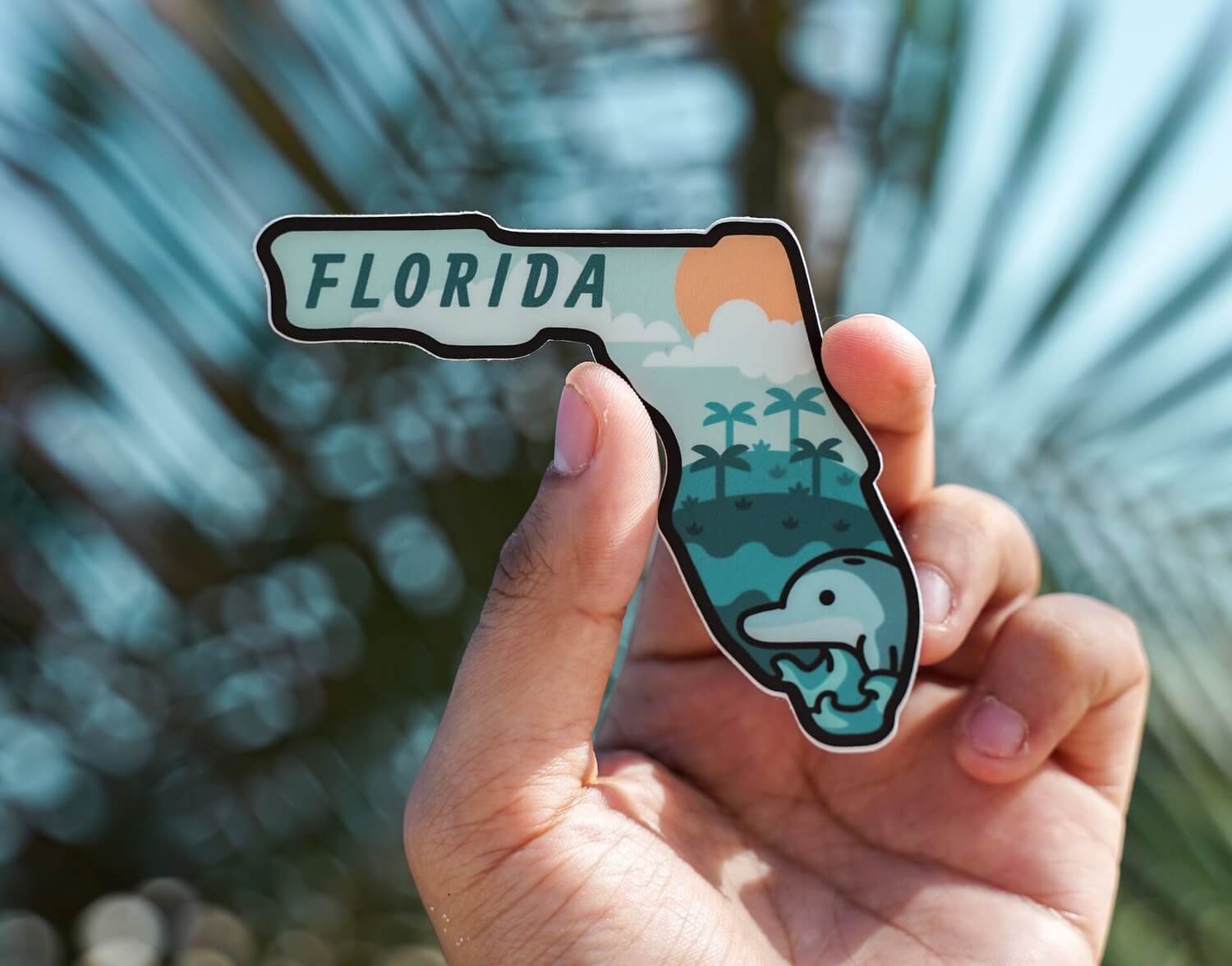How Much Does an Outpatient Program for PTSD Cost?
The expenses for an outpatient PTSD program vary, with an average cost in Florida around $1,705 and typically ranging from $2,000 to $5,000. Factors influencing costs include services administered, session duration, frequency, insurance coverage, and more. Additional expenses may stem from personalized treatment plans, rates for PTSD counseling in Florida, required medications, and more.
For accurate cost estimates tailored to your specific needs, please call 877-958-9212.
How Much Does Inpatient Residential PTSD Treatment Cost in South Florida?
Understanding the expenses associated with inpatient residential Post-Traumatic Stress Disorder (PTSD) treatment in South Florida, particularly without insurance, is a crucial step on the path to recovery. The cost of this type of therapy can vary widely. For instance, inpatient psychiatric treatment can average between $1,000 to $2,000 per day or more, depending on the location and level of care needed. More comprehensive residential programs may range from $20,000 to $65,000 per month.
However, it’s important to remember that these figures are averages and actual costs can vary depending on individual circumstances and needs. At The Sylvia Brafman Mental Health Center, we strive to provide clear and comprehensive information about these costs. We understand that not everyone has insurance coverage, and we’re committed to making mental health care accessible for everyone. For more accurate and personalized cost information, we encourage you to reach out to us directly.
How Much Does a Dual Diagnosis Program for PTSD Cost?
The cost of a dual diagnosis program for PTSD can range from $7,000 to $30,000 monthly. The considerable variability in pricing is influenced by factors such as the program’s location, the intensity of services, and the treatment duration. These programs are designed to address both PTSD and other psychiatric conditions, such as substance use disorder (SUD), as they often co-occur.
The comprehensive approach of these programs involves addressing the complex interplay between PTSD and other mental health disorders, requiring tailored treatment plans, specialized therapies, and ongoing support. The diverse cost range reflects the customization and intensity of services offered, ensuring you receive the necessary care to navigate the challenges of dual diagnoses effectively.
What Therapies are Used to Treat PTSD?
At The Sylvia Brafman Mental Health Center, various therapeutic strategies are utilized to address post-traumatic stress disorder (PTSD). Psychotherapeutic interventions, including cognitive-behavioral therapy (CBT) and exposure and response therapy (ERP), aim to reshape thought patterns and gradually confront distressing memories.
Psychiatric medication, managed carefully, is part of the treatment, with common antidepressants like selective serotonin reuptake inhibitors (SSRIs) and serotonin and norepinephrine reuptake inhibitors (SNRIs) prescribed to alleviate mood and anxiety symptoms. Prazosin may also be used to target nightmares and sleep disturbances. Modern therapies, such as Transcranial Magnetic Stimulation (TMS) and Eye Movement Desensitization and Reprocessing (EMDR), are integrated for their effectiveness. TMS non-invasively stimulates specific brain regions, while EMDR focuses on processing distressing memories.
These therapeutic options, among other trauma-informed care, are part of the tailored and distinguished approach at The Sylvia Brafman Mental Health Center, ensuring personalized care for individuals dealing with PTSD. Call 877-958-9212 to learn more.
Does Insurance Cover PTSD Therapy and Treatment?
Insurance often covers PTSD therapy and treatment. Many insurance providers are required by law to include mental health services as part of their coverage, encompassing therapy sessions, psychiatric medication, and other necessary treatments. Check with your insurance provider or call 877-958-9212 for precise PTSD therapy expenses, potential limitations, and whether prior authorization or referrals are required for certain treatments.










